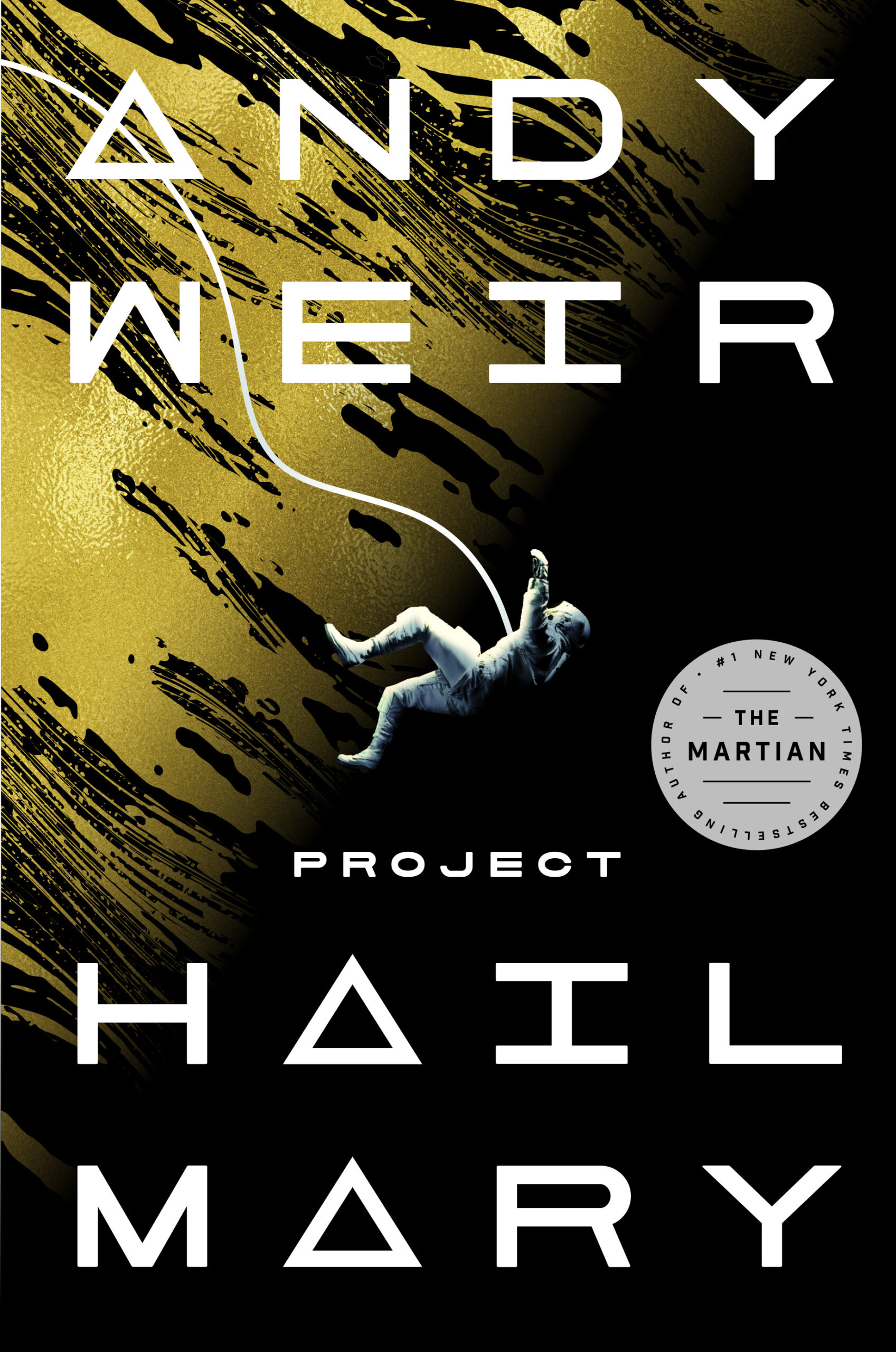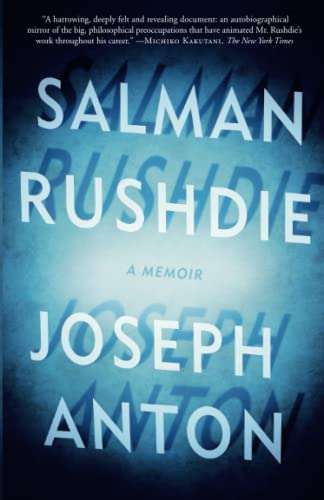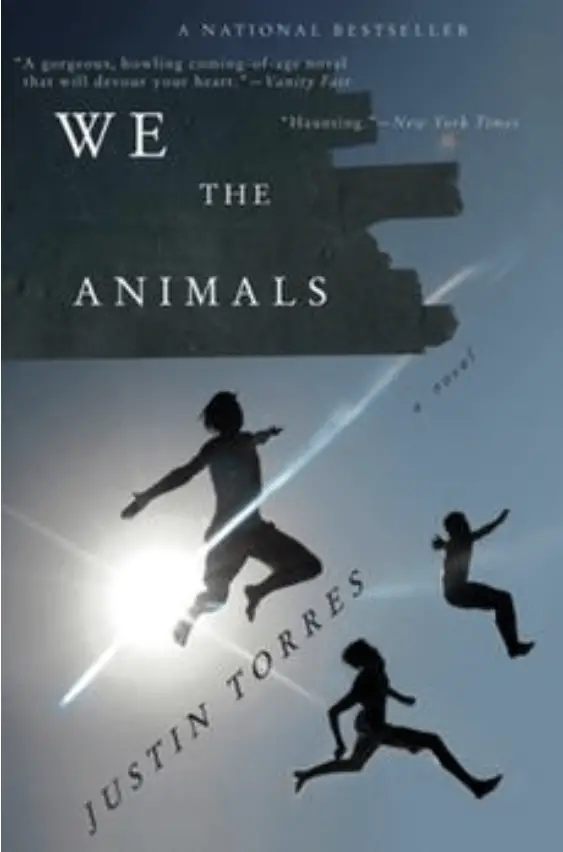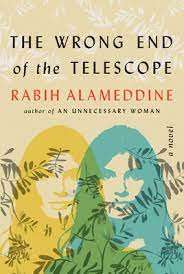A Few Favorite Reads of 2022
A brief wrap-up of some of the books I loved reading this past year.
Salman Rushdie’s 2012 memoir, Joseph Anton, touches on issues that are central to our time: the rise of terrorism, the mainstreaming of hate speech and violence, book banning, and state-sanctioned censorship—all of which Rushdie battled following the fatwa imposed in 1989. The memoir is a rich, complex account of Rushdie’s personal, political, and literary life. The title, taken from the alias the author used during the years he spent under the protection of the British government’s Scotland Yard, is an amalgam of two authors Rushdie reveres, Joseph Conrad and Anton Chekhov: “‘Joseph Anton.’ He was trying to get used to what he had invented. He had spent his life naming fictional characters. Now by naming himself he had turned himself into a sort of fictional character as well.” Rushdie’s choice to write the memoir in the third person heightens the sense of a fictional tale, but the reality turns out to be stark, and events all too real.
I Ioved Justin Torres’ We the Animals. Called “a dark jewel of a book,” by Michael Cunningham, We the Animals, the 2011 debut novel by Justin Torres, has a shadowed, glittering center that circulates around family, selfhood, and the bitter and often violent love between blood relations. Three brothers, sons of a working-class, mixed race family, are left to themselves, and while they tear into the world, bent on destruction, it’s the elements of the natural world they often most connect with, the primal and the sensory: the cold, the snow, the earth: “The earth was hard and cool where we crouched, just damp enough to stick to our knees and the balls of our hands. The dirt squeezed up shut in the winter and softened in the summer, and autumn dirt was my favorite dirt, like cooled black coffee grinds. Black magic.”
A.S. Byatt’s 1990 Booker-prizewinning novel gathers scholarly research, English Victorian poetry, a sleuthing mystery of lost history, and dual timelines: two fictional 19th-century poets are linked by a secret cache of letters discovered by two 20th-century academics. Byatt’s encyclopedic knowledge drives the novel, which is filled with 19th-century science, and the fictional poets’ work, their letters, as well as analyses by rapacious historians intent on making a claim upon their legacy. The feat of this novel is Byatt’s shape-shifting ability to conceive two separate bodies of Victorian poetry, invented research of her fiction poets, and the very contemporary story of the two 20th-century scholars who gradually find each other. This last thread is told in a spare, contemporary style, “He slept curled against her back, a dark comma against her pale elegant phrase,” and Byatt manages to make these disparate, fascinating portraits all of a piece.
Rabih Alameddine’s sixth book, which earlier this year won the PEN/Faulkner Award for fiction, is an extraordinary chronicle of the Syrian refugees who were forced to flee during the Syrian civil war in 2011, and a document of those who worked to stabilize their lives. The book is also about writers and writing in the face of insurmountable world events and their tragic ripple effects. In The Wrong End of the Telescope, hostile governments and takeovers by militant forces spawn dozens of refugee stories told around the meta-narrative frame of a writer dealing with his political, cultural, intellectual, and esthetic preoccupations—and the emotional fallout he undergoes as a result.
— Lauren Alwan





